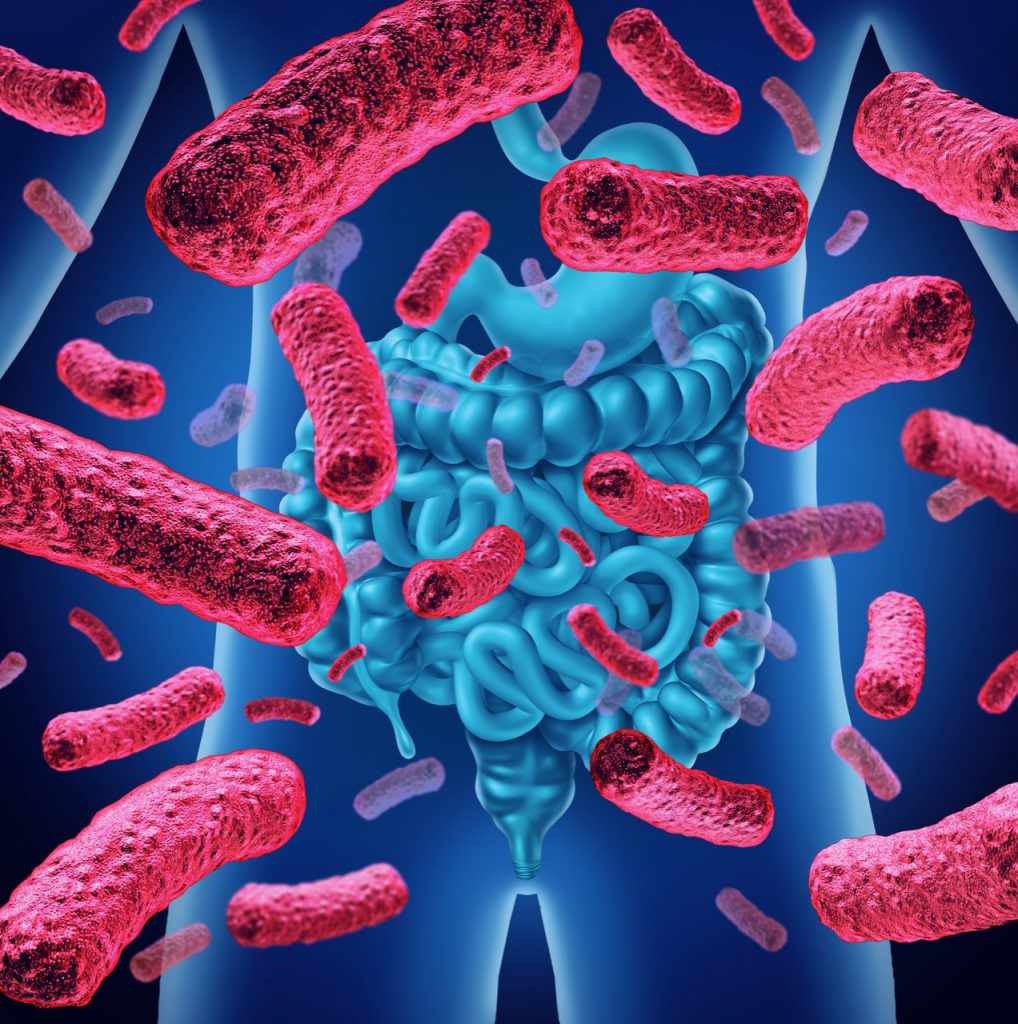Brain Fog: Tackling the Inflamed Brain
Brain fog…we’ve all experienced it from time to time…. difficulty focusing, foggy head, brain fatigue…
There can be many factors involved in brain fog – if it is ongoing you need to address potential underlying imbalances. Often getting a full functional blood test can help identify any underlying body system issues.
Some of the common issues to consider include
- Nervous system inflammation
- Gut dysbiosis & Intestinal Permeability
- Ongoing stress
- Histamine issues
- Oxidative stress
- Poor mitochondria function
- Poor Brain Circulation
I discuss many of these in my Brain Boost Diet Book . Below are some areas to consider.
Tackling Gut Imbalances

Heard of the Gut-Brain Axis? This bi-directional axis can have profound effects on the body and brain including brain fatigue and brain fog.
This is why when it comes to brain health you need to address any gut issues. The link between the two can be complex but essentially if you have any gut dysbiosis or the presence of pathogens this can drive gut inflammation and in turn brain inflammation. As the gut -brain axis is bi-directional, inflammation in the central nervous system in turn diminishes vagus nerve function which then affects gut motility and contribute to even more gut issues. This can include SIBO and / or constipation.
Histamine Load
An added complication often linked to brain fog is the release of histamine via mast cells in the central nervous system. This can occur where there is inflammation but it can also be due to histamine release via the gut due to the presence of imbalanced bacteria.
When histamine moves into the circulation, it can also result in the disruption of the blood brain barrier, further promoting brain inflammation and brain fog. When the central nervous becomes inflamed there is the release of chemicals like NFkB which in turn drives the stress response and the sympathetic nervous system along with the production of cortisol.
Effects of Chronic Stress

To make matters worse long term stress can result in a reduced response to cortisol and more inflammation. All of this will drive the body into Th2 dominance which reduces autophagy meaning you can’t repair your brain and you won’t have energy. Result – more brain fog and brain fatigue.
So you can see what a vicious cycle the gut and brain plays in contributing to brain fog.
Where to start?
If you have been struggling for a while get some bloods done via a Functional Nutrition / Medicine Practitioner.
Gut Focus – If you have a gut infection or dysbiosis you need to tackle this with antimicrobials. Glutamine can be an important addition as inflammation will diminish glutamine levels.
Address inflammation – If you have gut inflammation then curcumin but not a liposomal one can be helpful. The reason for this is actually you want the curcumin to get all the way down to the gut so it can function topically on the gut wall – so often choosing a combination of absorbed and non absorbed curcuminoids may be best to work throughout the body.
A vegan fish oil may also be useful (lower in histamine compared to some fish oils).
Brain Circulation – For brain fog and fatigue you need to improve circulation. Often blood flow in the central nervous system is diminished in brain fog and fatigue so consider using ginkgo, butchers broom and feverfew.
Boost BDNF – Supporting trophic factors like nerve growth factor (NGF) and brain derived neurotrophic factor (BDNF) with things like lion’s mane mushroom and neurotransmitter health with bacopa can often be useful.
Tackle Histamine – Reducing histamine via inhibiting mast cell degranulation with quercetin, luteolin, and rutin. Butyrate is also a great mast cell stabiliser. You may also wish to break down mitochondrial DNA debris with bromelain or proteolytic enzymes (away from meals)
Increase histamine clearance – supporting action of clearance enzymes like DAO, histamine N-methyl transferase (HNMT) by certain B vitamins and aldehyde dehydrogenase (ALDH), with the cofactors B2, B3, molybdenum and iron. Follow a low histamine diet for a while until symptoms improve. We have a full histamine meal plan on our Lean and Nourish Membership Programme
Address the stress response. Since the sympathetic nervous system is activated you need to take measures to address this. Heart Rate Variability measurements, adaptogens, mindfulness, meditation, Heart Math, box breathing and Saunas can all be helpful strategies.
Balance Immune Response – Supporting Th1 response can help clear out debris and initiate autophagy in the brain – we discuss approaches to immune balance in our Lean and Nourish Programme.

